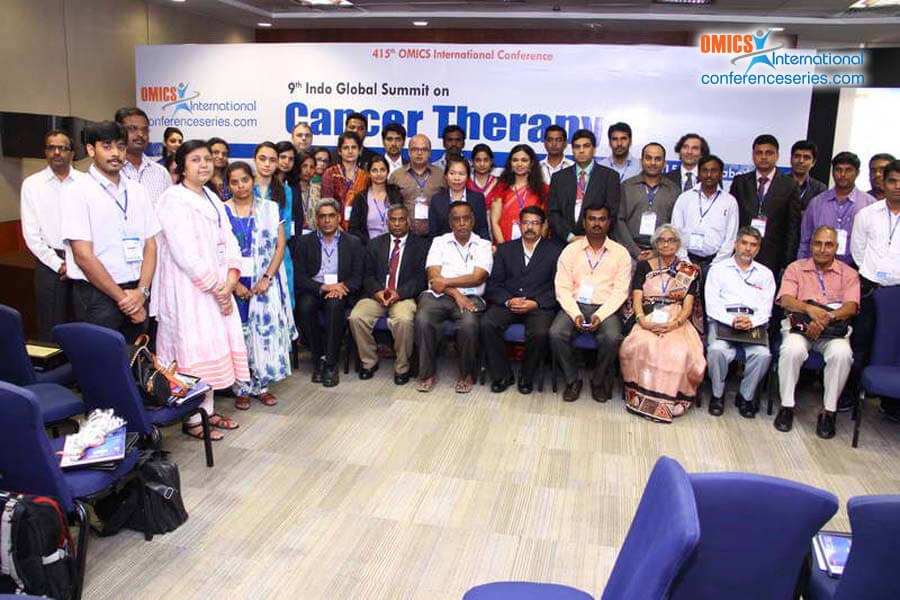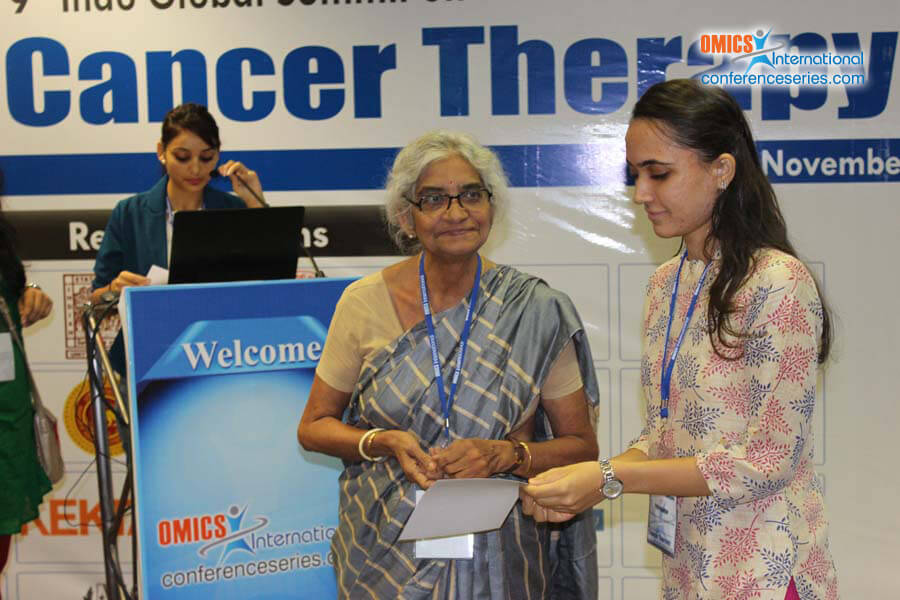
Prita Pandya
Veer Naramad South Gujarat University, India
Title: In Silico analysis of role of Saponins on AQP-5
Biography
Biography: Prita Pandya
Abstract
Saponins are common in a variety of higher plants and usually found in roots, tubers, leaves, blooms or seeds. Saponins are a group of naturally occurring plant glycosides, characterized by their strong foam-forming properties in aqueous solution. There are more than 11 distinguished classes of saponins and due to the great variability of their structures; saponins always display anti-tumorigenic effects through varieties of antitumor pathways. It has been observed that several tumor cell types over express Aquaporin’s (AQP) in humans and assumed to be involved in cell proliferation, migration and metastasis .Recent studies have also reported the over expression of AQP5 and AQP3 in tumors such as gastric, pulmonary, ovarian, pancreatic and colorectal cancer as well as in SCC cell lines but only slightly in non-tumor tissue and fibroblasts, indicating the important role of AQP5 and AQP3 in SCCs. It was demonstrated that upon silencing AQP-5 gene the cell growth was inhibited in SCC cell lines. In the present work, we have done insilico analysis for the selected class of saponins from different taxa with AQPs. We found that Jujoboside A, Dehydro-pregnenolone,Diosgenin, Protodioscin, Aescin showed acceptable binding energy, while other saponins which were reported to have anti-metastatic activity did not show positive interaction with AQP-5 in docking studies. The In vitro confirmation of these positive interactions is being established.


